
Isaac Newton
Calculus and Dynamics
As a young scientist and mathematician, Sir Isaac Newton invented the generalized binomial theorem and began developing the mathematical theory that would later become calculus.
While working as a Cambridge professor, Newton’s work in optics earned him recognition by the Royal Society. And his 1687 work, The Mathematical Principles of Natural Philosophy, is considered today the single greatest work in the history of science. In it he described universal gravitation and the three laws of motion, derived from Kepler’s Laws. He also exhibited his dedication to God by writing: “This most beautiful system of the sun, planets, and comets, could only proceed from the counsel and dominion of an intelligent and powerful Being....This Being governs all things, not as the soul of the world, but as Lord over all; and on account of his dominion he is wont to be called Lord God "pantokrator," or Universal Ruler.”
His work at the Royal Mint earned him knighthood in 1705, and he was elected to the French Académie des Sciences, as well as serving as President of the Royal Society in 1703. But he was also a serious student of the Bible and published several theological works. After he died in 1727, he was interred in Westminster Abbey.
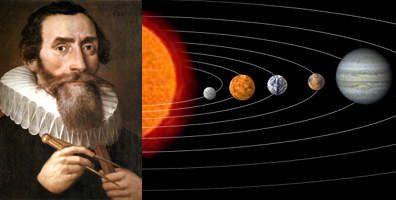 Johann Kepler |
 Great Scientists |
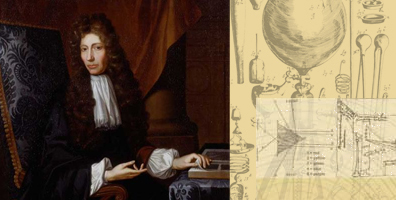 Robert Boyle |
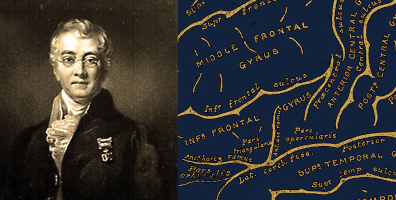 Charles Bell |
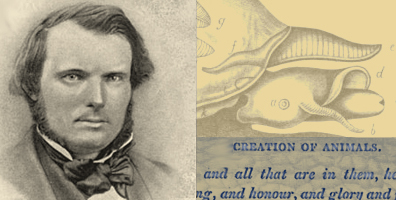 William Kirby |
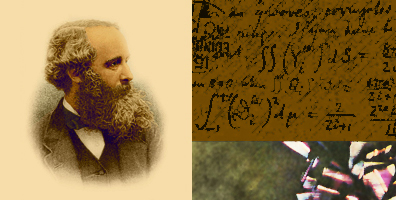 James Clerk Maxwell |
 Louis Pasteur |
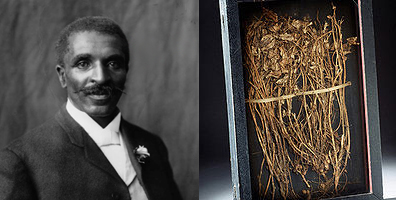 George Washington Carver |
These men generally believed in the inspiration and authority of the Bible, as well as in the deity and saving work of Jesus Christ. They believed that God had supernaturally created all things, each with its own complex structure for its own unique purpose. More...
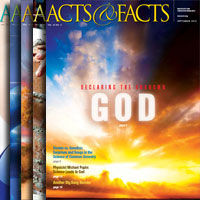 Interested in more information about creation, evolution, and intelligent design? Want to know the latest take on scientific discoveries and how they affect our understanding of the Bible? Does science help us interpret the Bible or should the Bible remain the interpreter of science?
Interested in more information about creation, evolution, and intelligent design? Want to know the latest take on scientific discoveries and how they affect our understanding of the Bible? Does science help us interpret the Bible or should the Bible remain the interpreter of science?
Keep up with these and other issues in ICR's monthly Acts & Facts magazine, a free, full-color periodical that deals with science from a biblical perspective. Included with your subscription is the devotional Days of Praise.
For your free subscription, click here.







